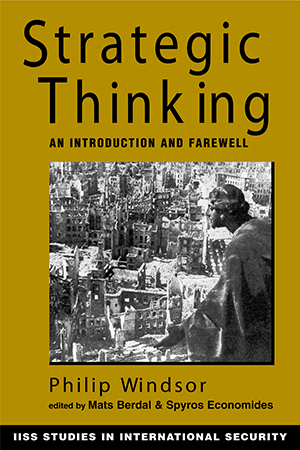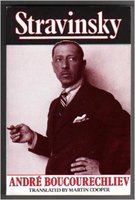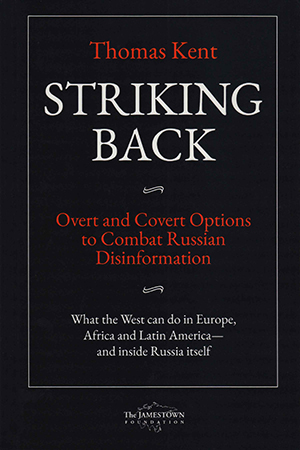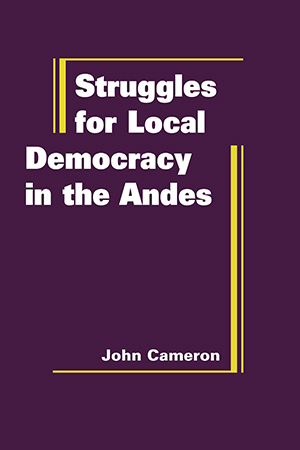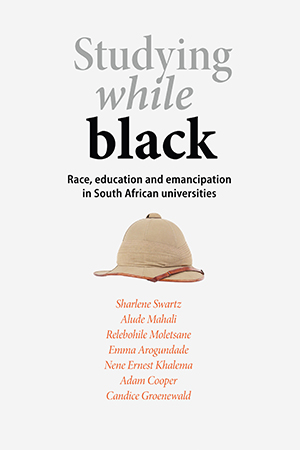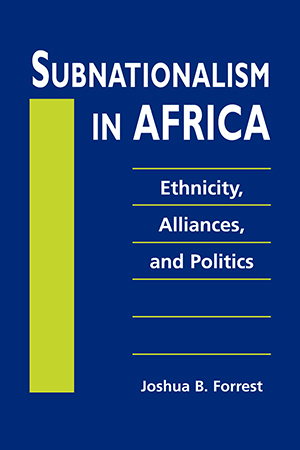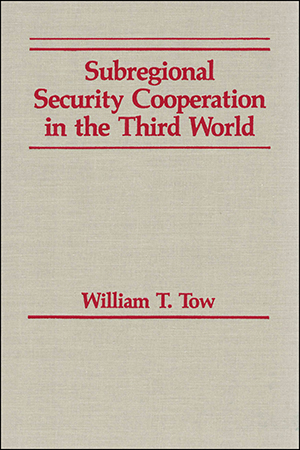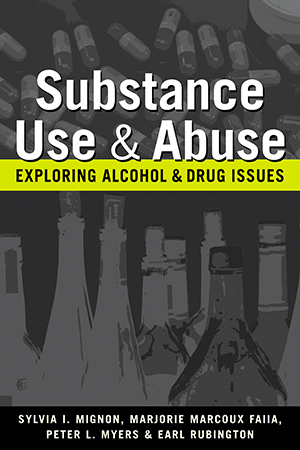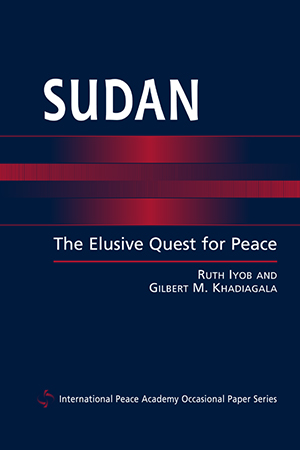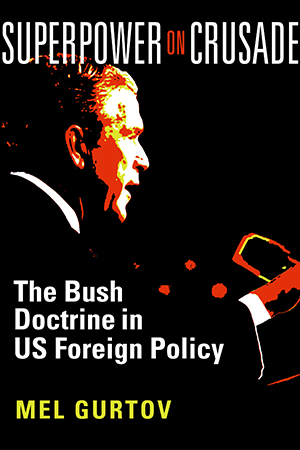BOOKS
In this, his final book, Philip Windsor explores the emergence, meaning, and significance of the Cold War mentality. Tracing the evolution of strategic thinking from its origins in medieval More >
Thoroughly documented and consistently original, Boucourechliev's text is an indispensable source for understanding and appreciating Igor Stravinsky's work. More >
Energizing the debate on how best to expose and deal with Russian propaganda and disinformation, Thomas Kent goes beyond suggesting simple defensive measures. Kent not only calls for more More >
John Cameron draws on power-based approaches to the study of democratization as he thoughtfully explores efforts by indigenous and peasant groups to gain control of local governments and More >
An intimate portrait of the university experiences of a diverse sample of South African students, Studying While Black highlights the centrality of both race and geography in the quest for More >
The trend toward subnationalist autonomy—and away from the development of singular, state-centric political systems based on the Western model—is one of the most striking More >
Within the past decade, traditional regional security organizations formed during the Cold War have gradually been supplanted by more indigenous groupings designed specifically to address More >
In this comprehensive introduction to the study of substance use and abuse, the authors explore both the personal and the societal consequences of alcohol and drug problems. A series of More >
The formal division in 2011 of Africa's largest state into two new states—Sudan (the Republic of the Sudan) and South Sudan (the Republic of South Sudan)—was the result of More >
With its emphasis on unilateralism, preemptive attack, and regime change, US foreign policy under George W. Bush continued the longstanding US quest for primacy—but with some radical More >


